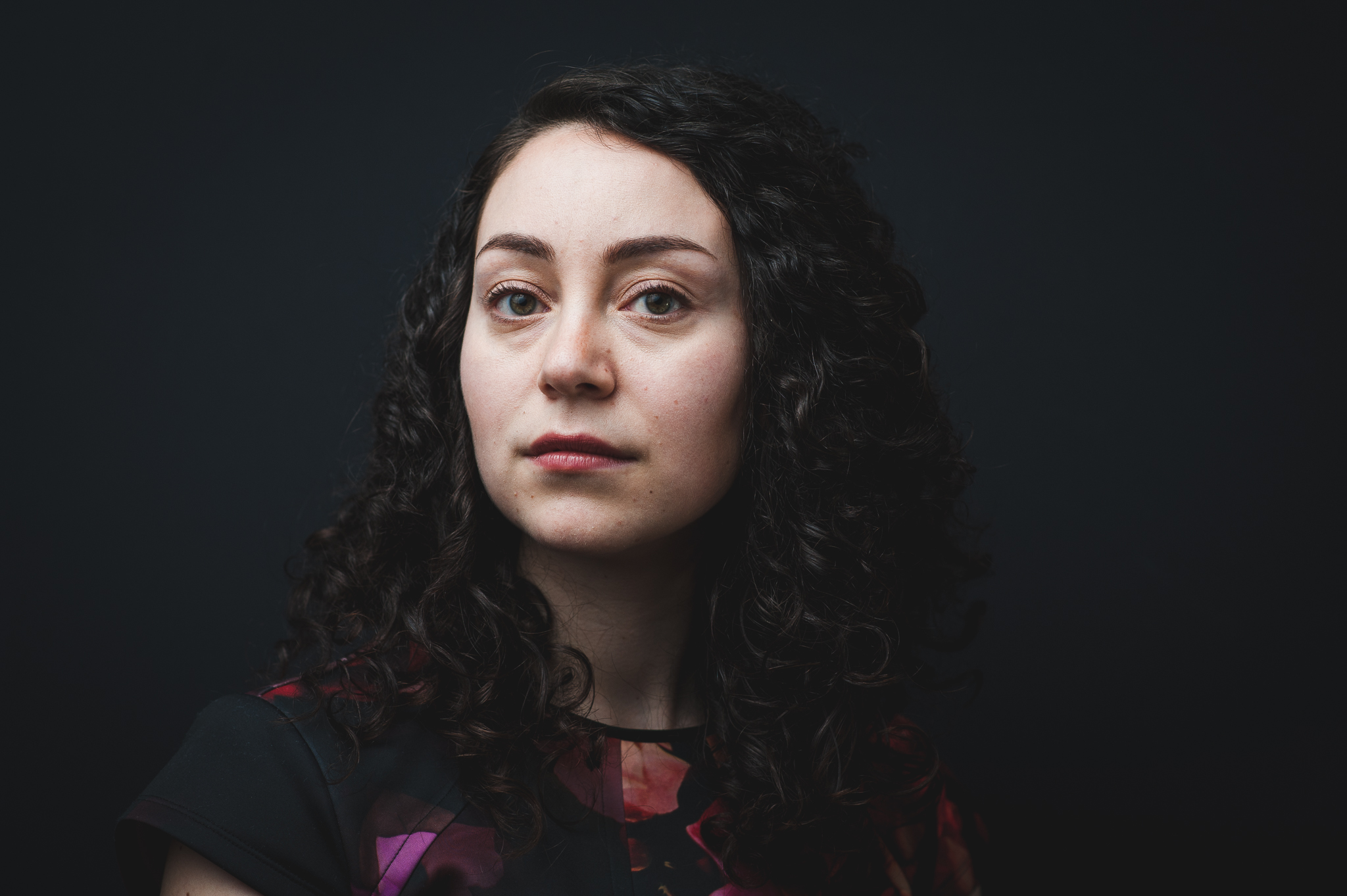In wielding the gun
the gunman becomes
a new kind of compound
noun, capable only of indirect
action: the expression
of hatred, making
of threats, rending
of clothes.
In wielding the gun
the gunman becomes
a new kind of compound
noun, capable only of indirect
action: the expression
of hatred, making
of threats, rending
of clothes. He owned
more than a minyan
and brought four to shul
on Shabbat morning. What do we
unlock in worship
that needs locking
down beyond the safety
of numbers? The collective
noun for worshippers: once
a prayer, now a risk. A risk
of worshippers here
to keep the dead
company ‘til burial, here
to mend the walls built to hold
the sound of mourning.
Author Statement:
I wrote this poem in response to the shooting at the Pittsburgh Tree of Life Congregation on October 27, 2018, for our communal grief, and to reflect on the ways in which some of the media coverage (including the Associated Press headline from which I take my title) have rendered the acts of the gunman in passive language, as though the responsibility for these deaths lies somewhere outside his hands. I write in recognition of the difficult labour the chevra kadisha of this congregation did in the aftermath of the shooting to ensure the bodies of the dead were properly cared for, the caretakers of religious spaces everywhere who have to contend with the risk of violence and vandalism, and with thanks to Kathy Fish’s Collective Nouns for Humans in the Wild for providing a poetic device for thinking about how violence changes the collective.
Learn more about Turtle Island Responds














